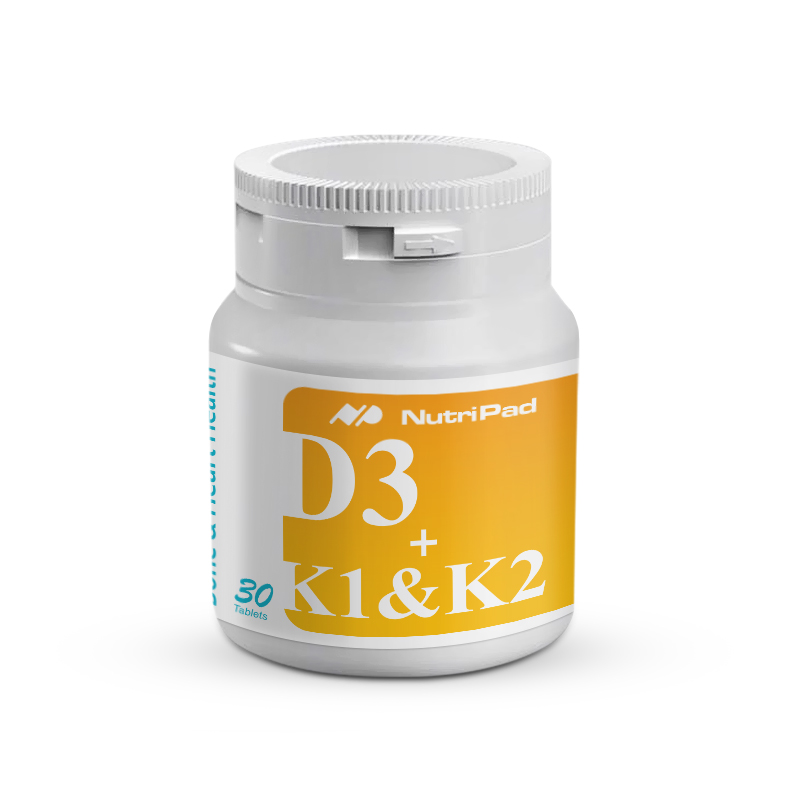What is the role of vitamin D concerning the functioning of the immune system?
All immune cells have vitamin D receptors on their surface. A sufficient amount of vitamin D is necessary to regulate the immune response against invading agents. Studies have shown that people with vitamin D deficiency are more likely to develop more severe forms of COVID-19 or die from COVID-19. Patients with chronic obstructive pulmonary disease who are deficient in vitamin D are more likely to suffer from exacerbation of the disease and hospitalization due to pulmonary infection. Vitamin D plays a role not only in strengthening the immune system but also in regulating the functioning of the immune system. People with vitamin D deficiency are more likely to develop some autoimmune diseases. Also, the probability of exacerbation of these diseases is higher. Some allergic diseases, such as hay fever, may be reduced with sufficient vitamin D.
What is our daily need for vitamin D? Which foods are rich in vitamin D?
The daily requirement of vitamin D is 600 units per day for adults and 800 units per day for adults over 70 years old. It is safe to take vitamin D in amounts of 400 to 2000 units per day. Vitamin D is abundant in seafood and fatty fish. Exposure to the sun for 30-45 minutes a day is also helpful in providing the body with vitamin D.
Does vitamin D have other roles besides playing a role in connection with the immune system? What is the benefit of taking vitamin K with vitamin D?
Yes, vitamin D is an important regulator of calcium metabolism in the body. Vitamin D is necessary for calcium absorption and its use in bone formation. Combining vitamins K (K1 and K2) with vitamin D also helps absorb calcium into the bones and reduces possible side effects caused by calcium. Vitamin K1 is necessary for the production of coagulation factors in the body. Vitamin K2 has important roles such as ameliorating inflammation and preventing calcium deposits in the arteries (vascular calcification) and cardiovascular diseases.











